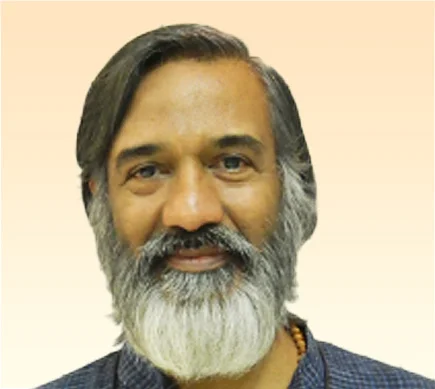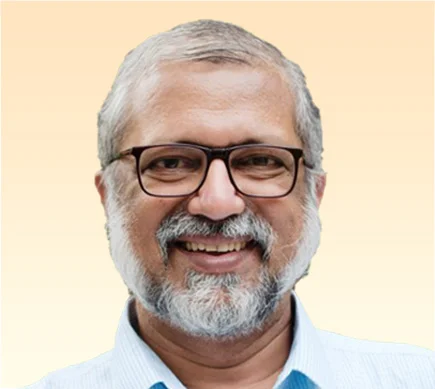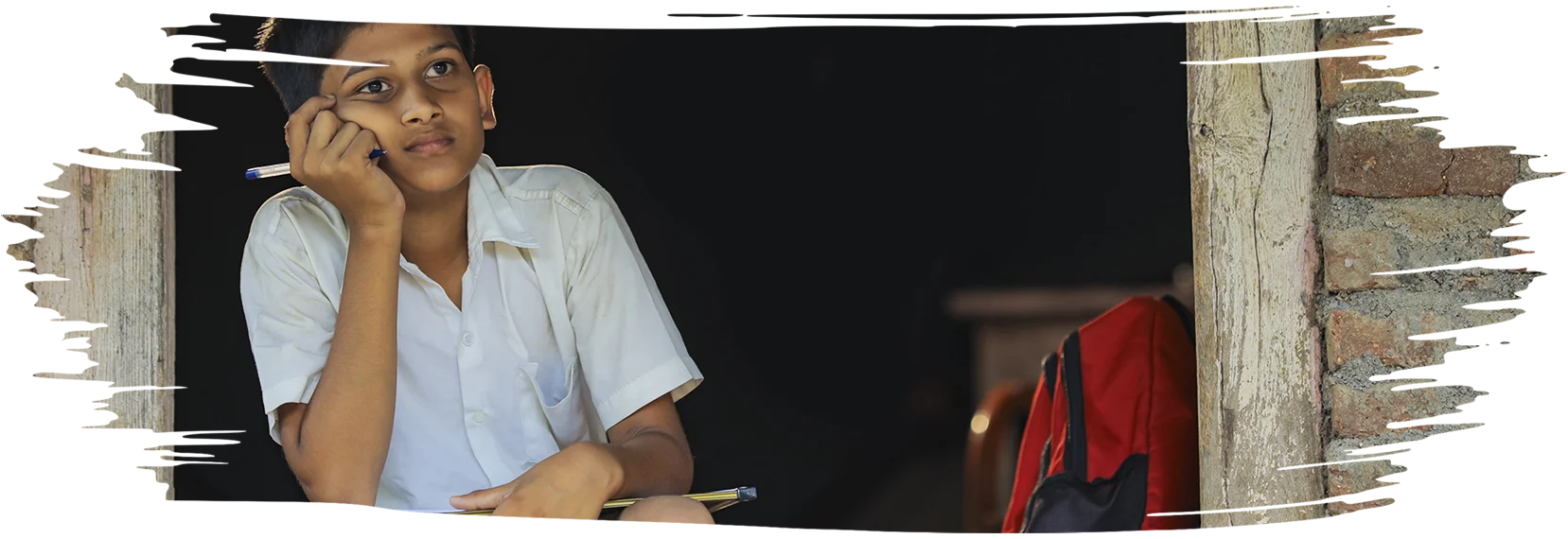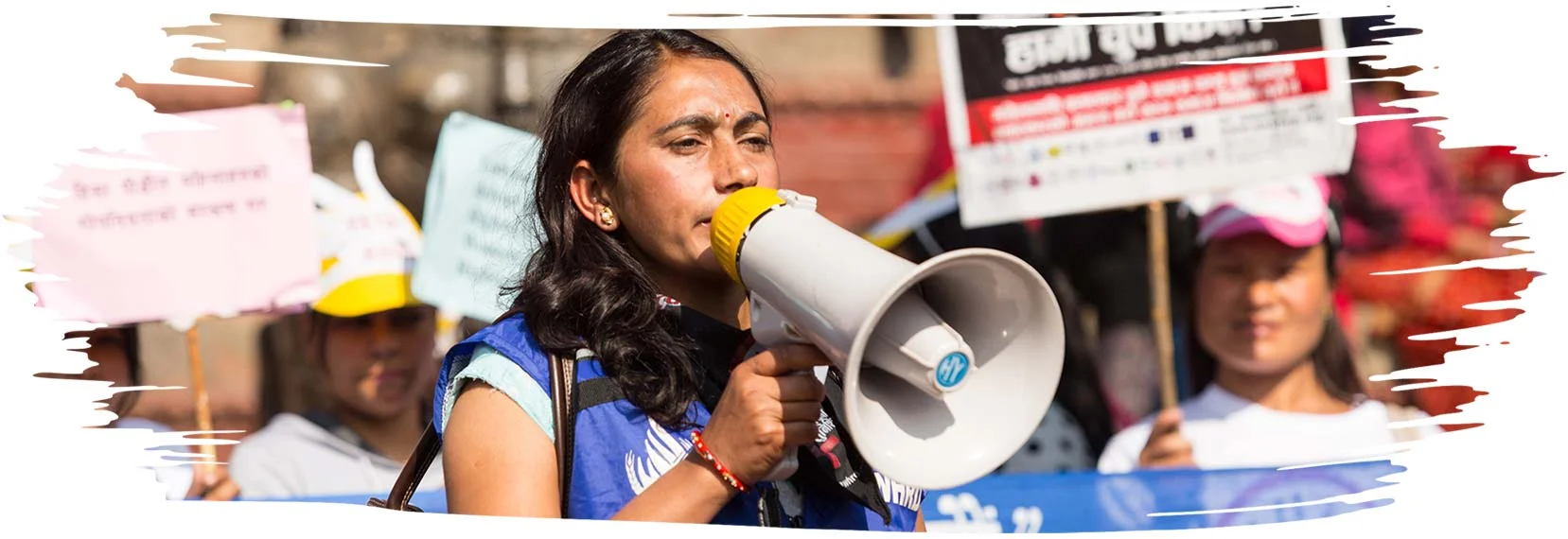Social Sensitisation
The Context
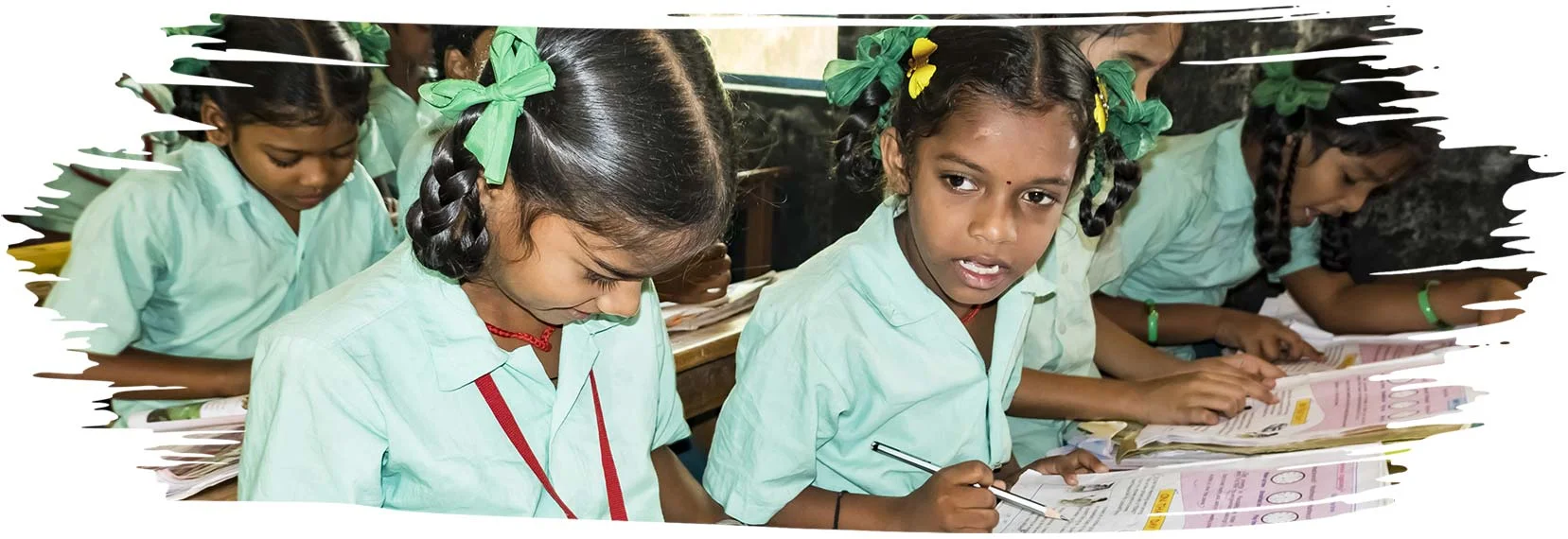
Education plays a key role in the progress of any nation. It is not just about nurturing creative, empathetic individuals equipped with diverse knowledge and skill sets. Rather, it is about transforming people into informed, concerned, and critical citizenry who participate authentically in everyday life and contribute to the larger public discourse to bring about social change. Viewed in this light, education becomes an instrument towards freedom, and the template or the vision for such freedom is brought to life through the Preamble to the Indian Constitution.
However, in functioning within a society mired in dysfunctional power structures and stark inequalities, education today has been reduced to perform a much limited or instrumental role of merely producing employable and skill-centred subjects with little self-awareness and sense of belonging to their immediate surroundings. Such a citizenry is characterised by individualistic, consumerist, and competitive tendencies, and is largely responsible for colluding or abetting, if not directly fuelling, the major crises of our times; viz rising inequality, acute poverty, climate change, divisive politics, etc. However, since the functioning of educational institutions is at odds with the liberatory role of education, citizenship, and society at large are at odds with the values enshrined in our Constitution.
Though ‘education’ may sound like the domain of teachers and schools, as a process, each of us must understand, decode, and question. Whether we are engineers, doctors, lawyers, entrepreneurs, politicians or activists, the education we have received has not only shaped our world-views and ethics but also defined how we associate with each other and engage with the world around us. Therefore, any social sensitisation has to start from a critical discourse on education, and how it domesticates us internally and decapitates us externally.
